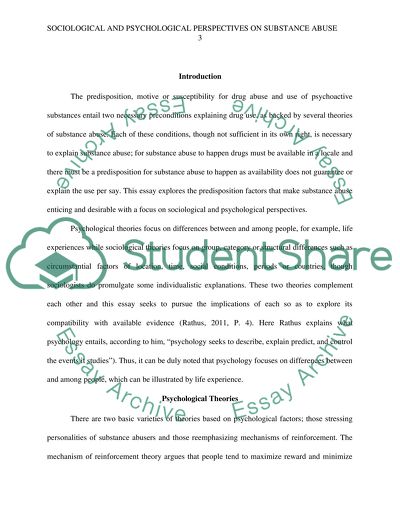Cite this document
(“Integrating Sociological and Psychological Perspectives on Substance Essay”, n.d.)
Integrating Sociological and Psychological Perspectives on Substance Essay. Retrieved from https://studentshare.org/psychology/1465803-analytical-essay-intergrating-sociological-and
Integrating Sociological and Psychological Perspectives on Substance Essay. Retrieved from https://studentshare.org/psychology/1465803-analytical-essay-intergrating-sociological-and
(Integrating Sociological and Psychological Perspectives on Substance Essay)
Integrating Sociological and Psychological Perspectives on Substance Essay. https://studentshare.org/psychology/1465803-analytical-essay-intergrating-sociological-and.
Integrating Sociological and Psychological Perspectives on Substance Essay. https://studentshare.org/psychology/1465803-analytical-essay-intergrating-sociological-and.
“Integrating Sociological and Psychological Perspectives on Substance Essay”, n.d. https://studentshare.org/psychology/1465803-analytical-essay-intergrating-sociological-and.


